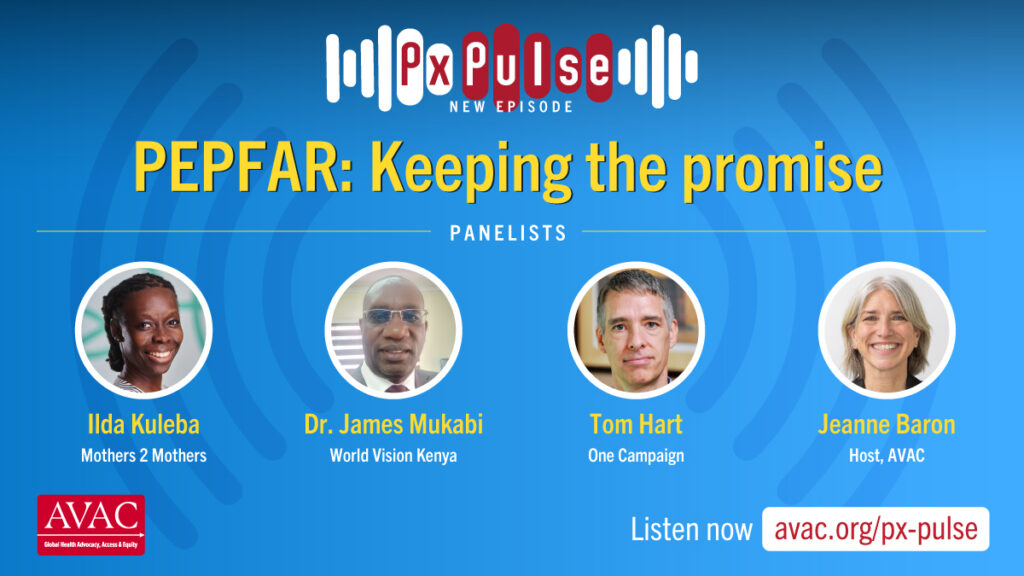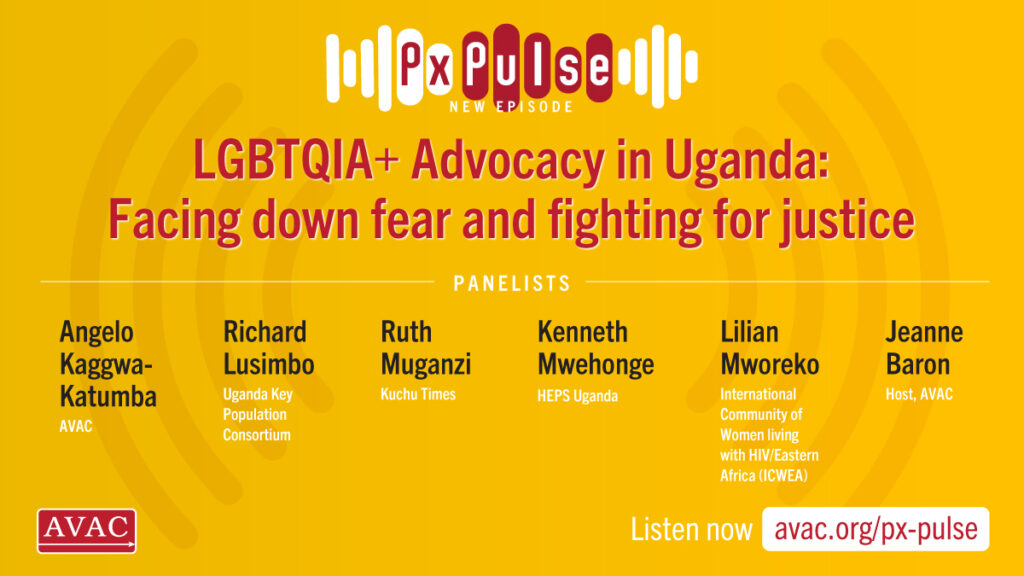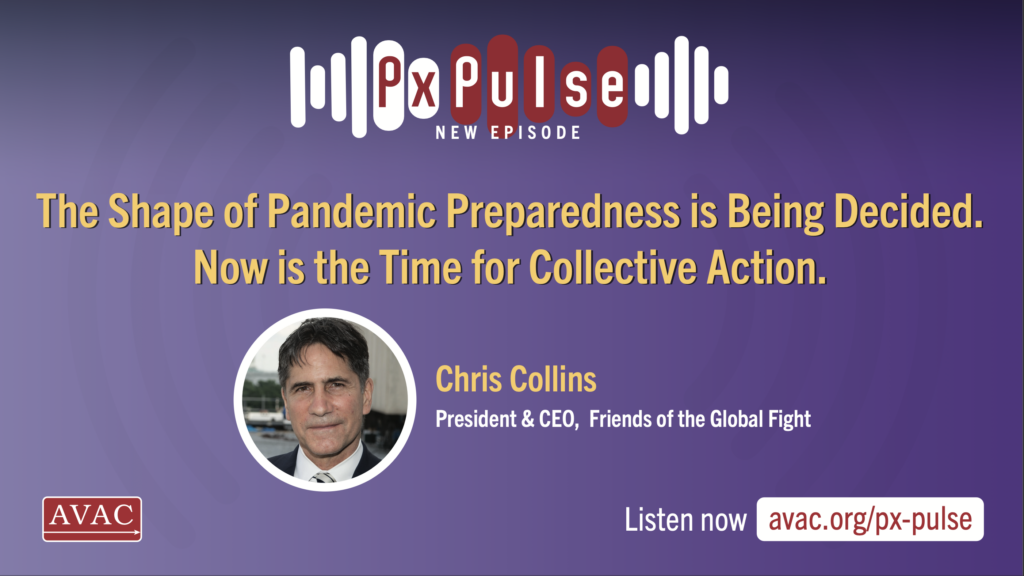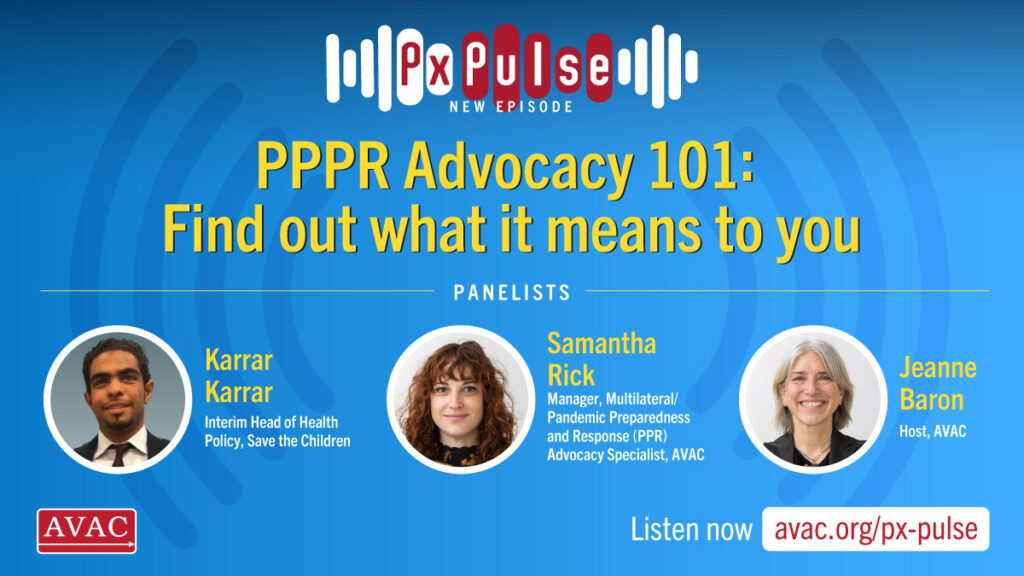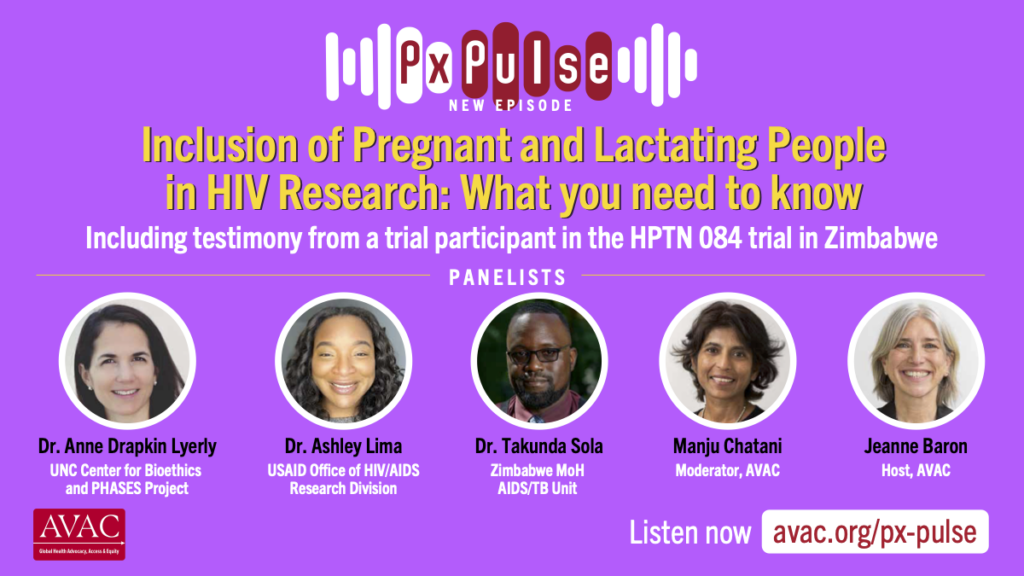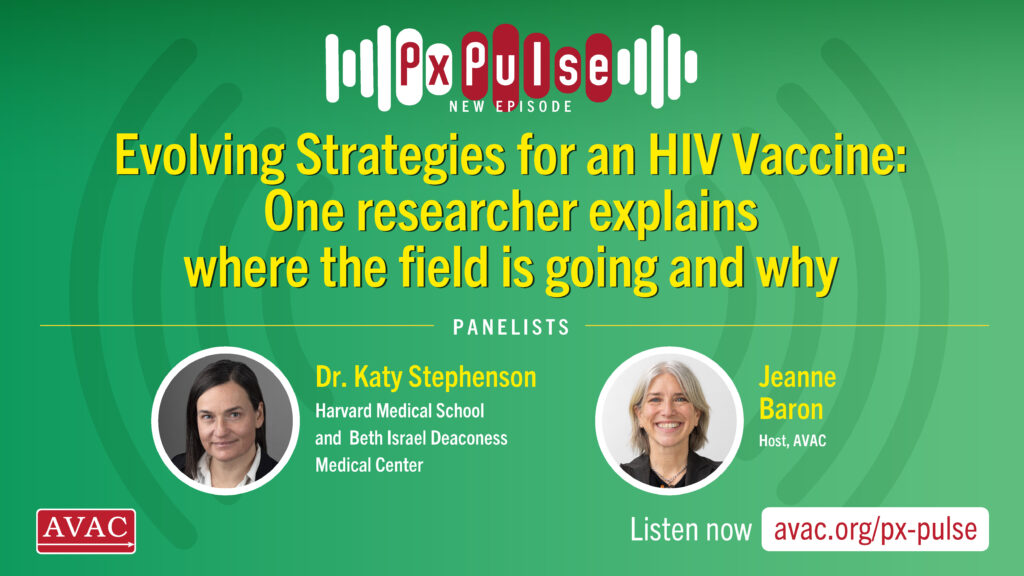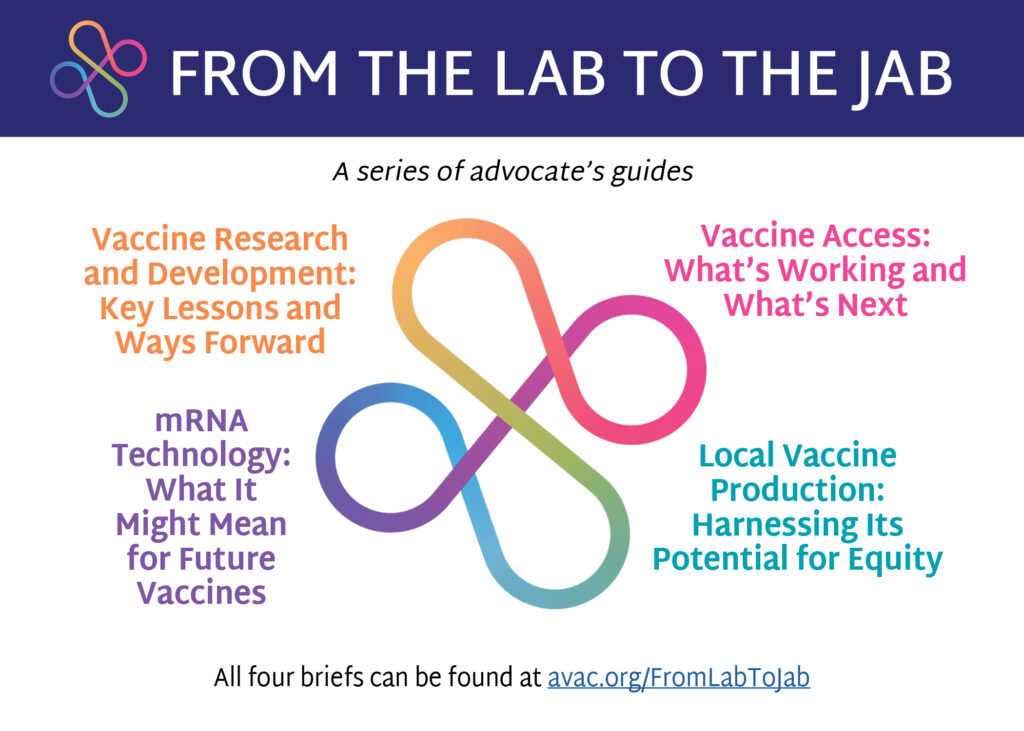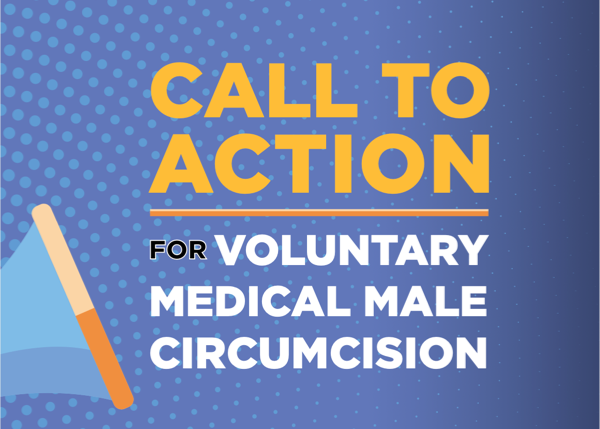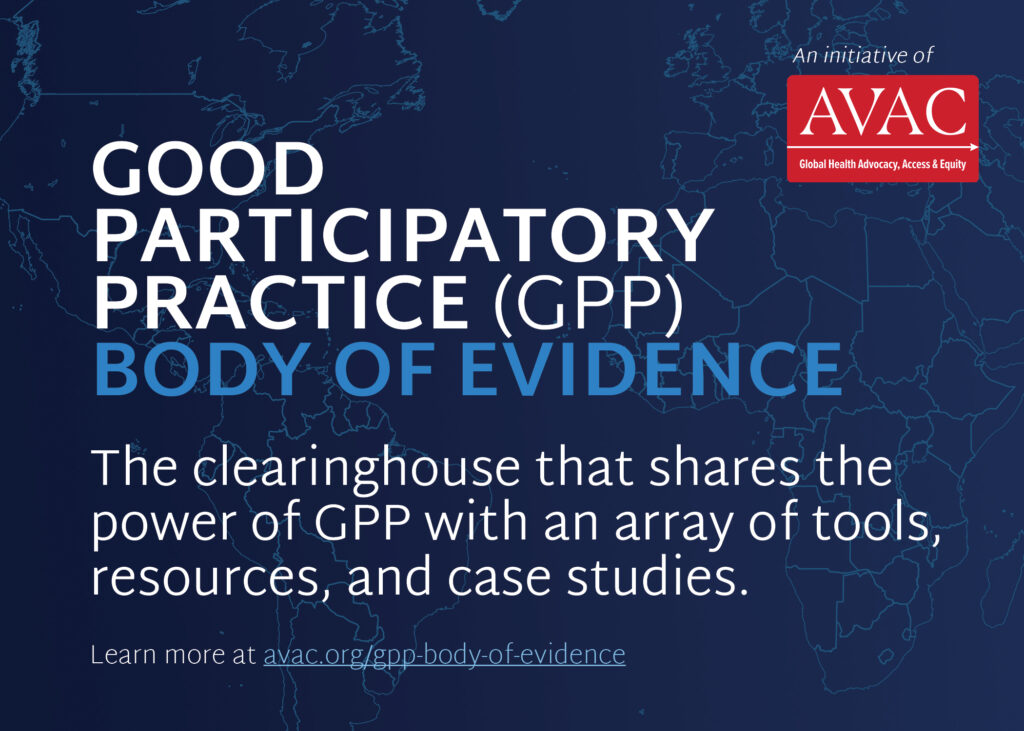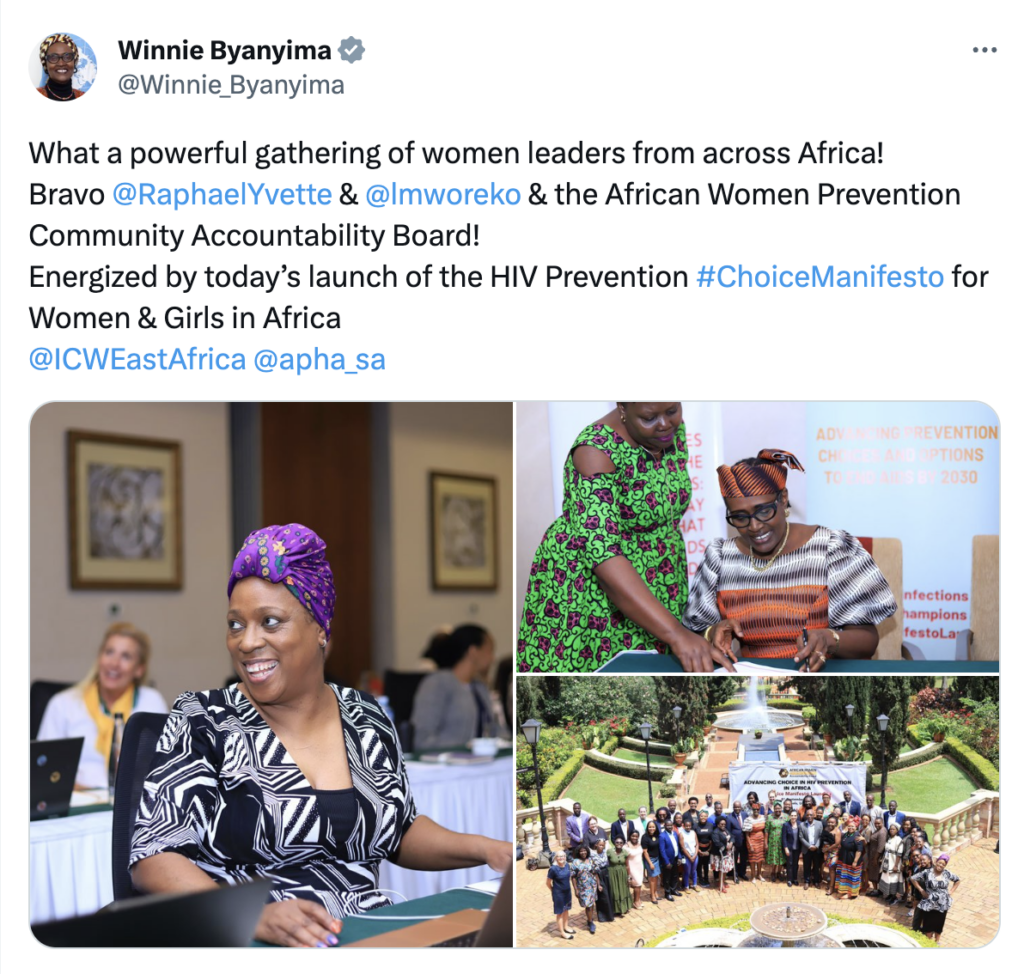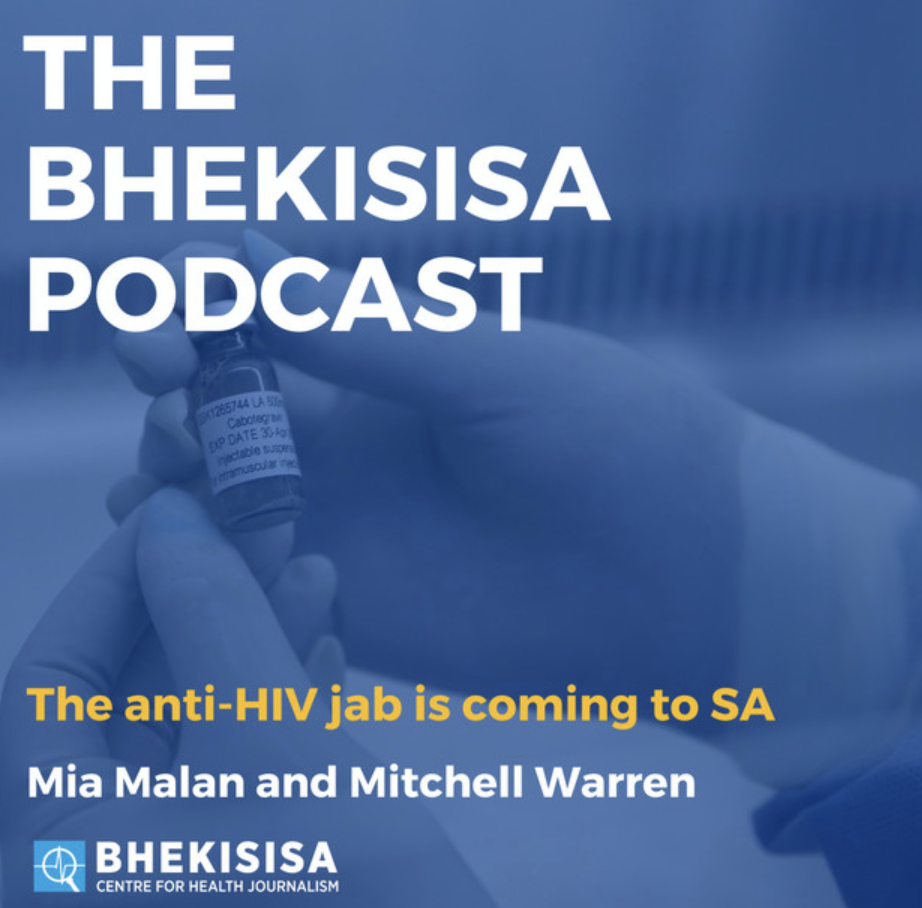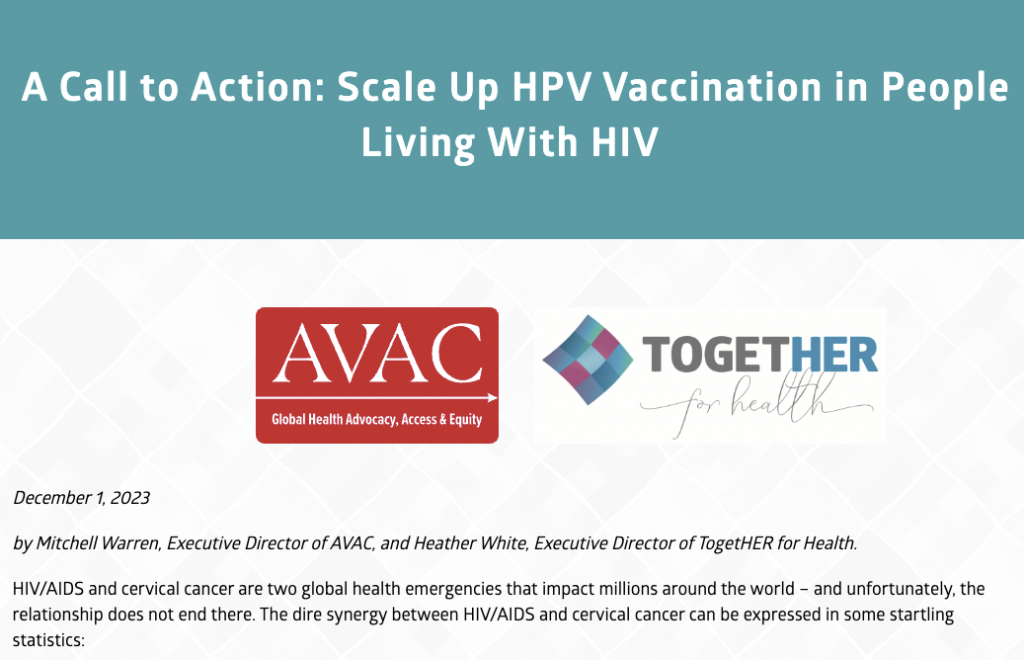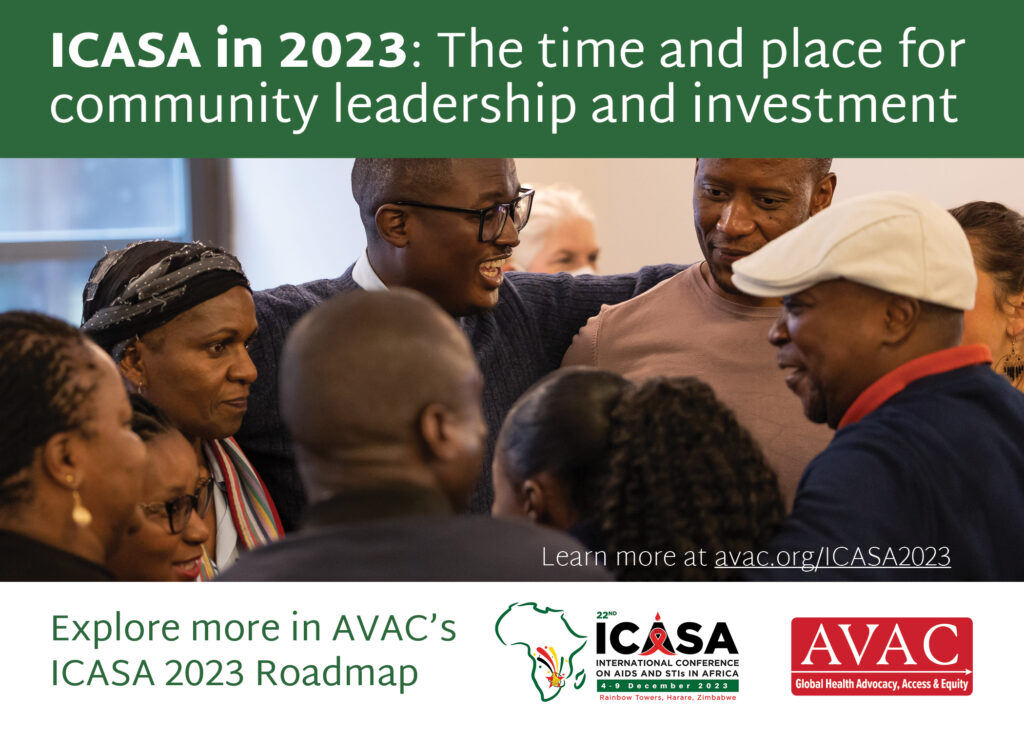For over a decade, the AVAC Advocacy Fellows Program has played a role in shaping the landscape of HIV prevention by strengthening leadership skills and building a growing and evolving network of fierce and unstoppable advocates. Last year, AVAC released A Legacy of Impact: The power and reach of AVAC’s Advocacy Fellows to tell the story of the Fellows program and to share testimonies of impact from research to policy, and beyond.
Today, on Martin Luther King Jr. Day, a day dedicated to the importance of advocacy to influence change, AVAC honors its nearly 100 Fellow alumni and applauds our most recent class which closed out their fellowship in December.
Read on for testimonies from the AVAC 2022/2023 Fellows and explore their work in their individual pages.
AVAC 2022/2023 Fellows in their words
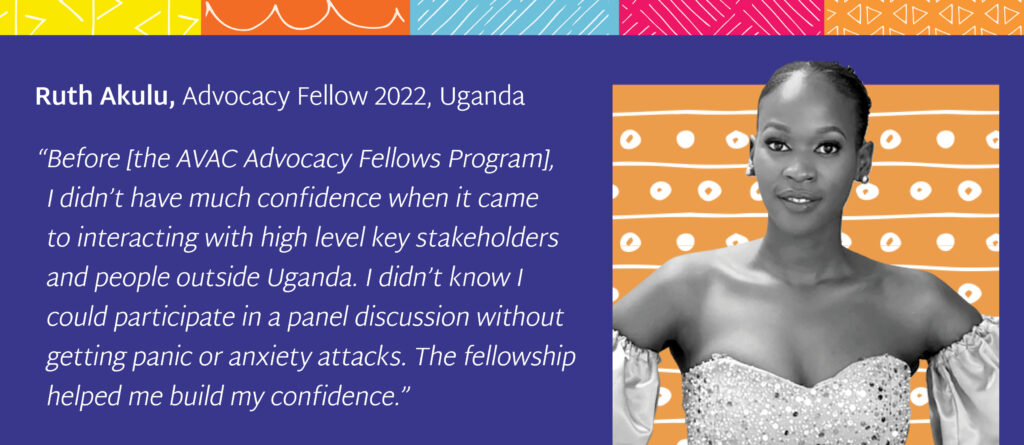
Learn about Ruth’s work around the approval and rollout of the dual prevention pill (DPP) in Uganda here.
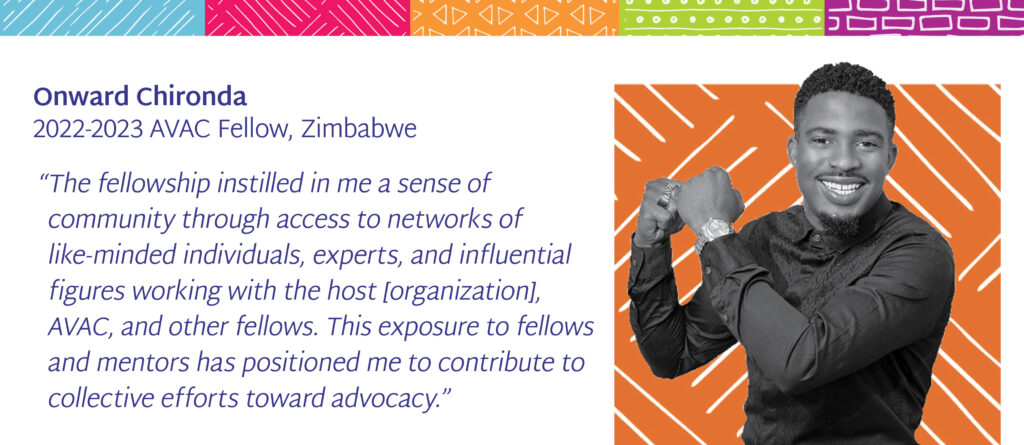
Learn about Onward’s work with engaging religious institutions on adolescent sexual and reproductive health in Zimbabwe here.
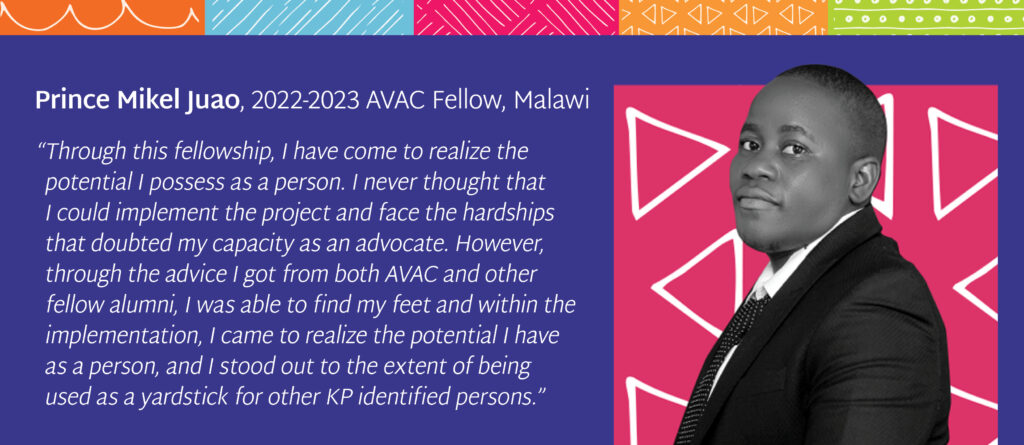
Learn about Prince’s work ensuring access to injectable CAB for PrEP for trans people in Malawi here.
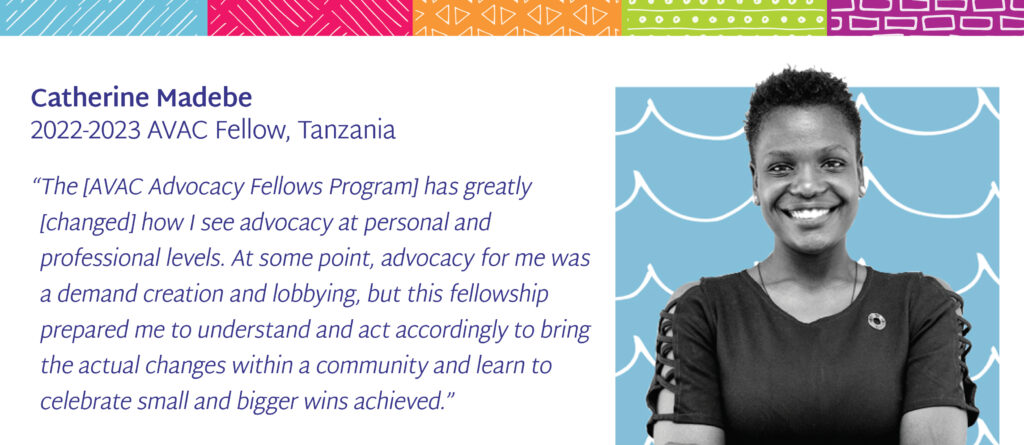
Learn about Catherine’s work in the rollout and implementation of the dapivirine vaginal ring for adolescents and young women (AGYW) in Tanzania here.
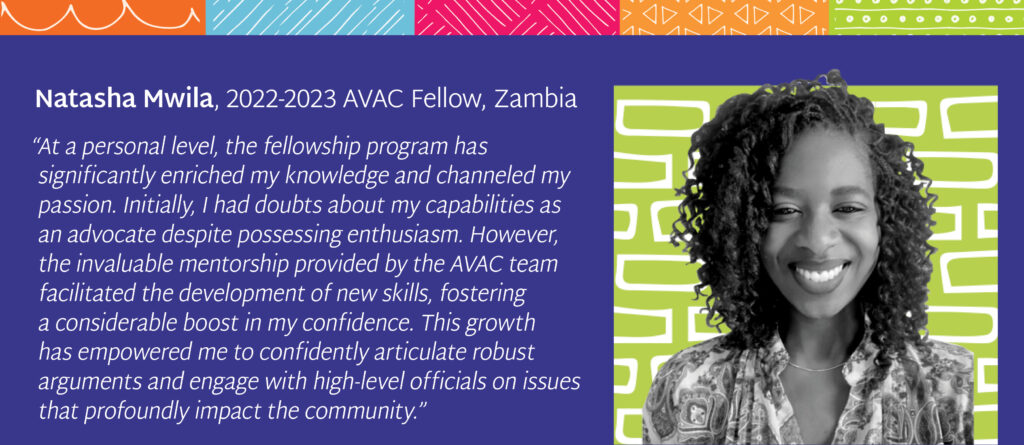
Learn about Natasha’s advocacy for the approval of the dapivirine vaginal ring and injectable CAB for PrEP in Zambia here.
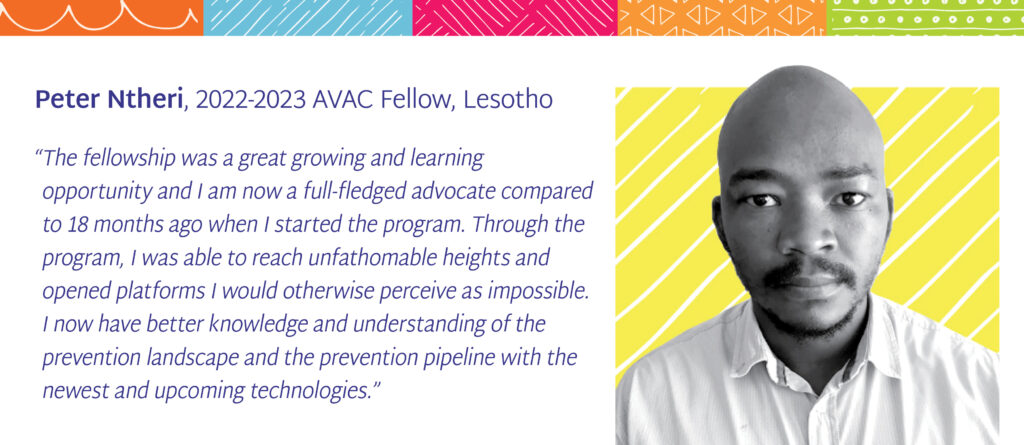
Learn about Peter’s work with differentiated service delivery of PrEP and expediting new PrEP tools in Lesotho here.
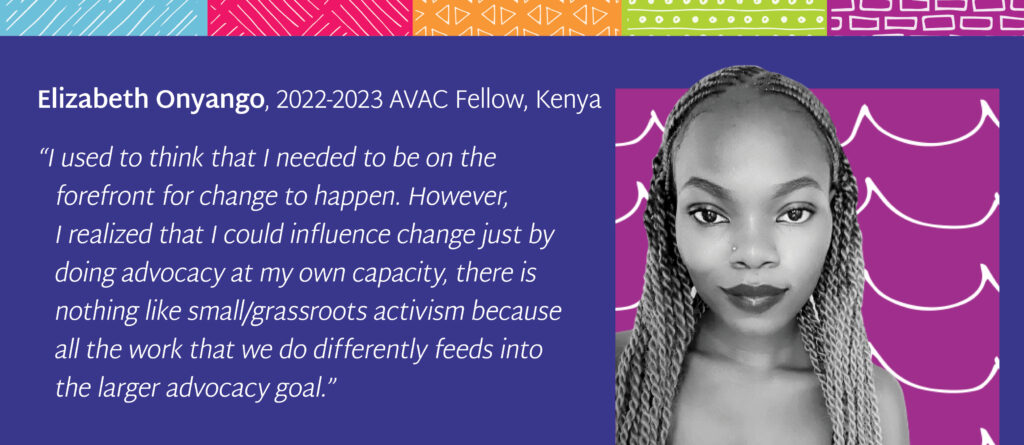
Learn about Elizabeth’s work advocating for sex workers and people who use drugs (PUD) here.
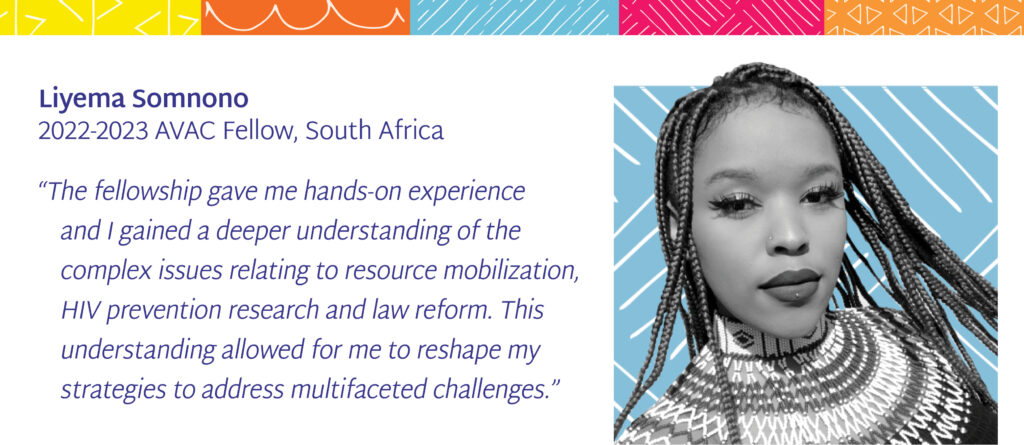
Learn about Liyema’s work on advocating and implementing the decriminalization of sex work in South Africa here.
Get to know the full AVAC Fellows community by exploring the full alumni database and stay tuned to meet the 2024/2025 class to be announced in April!
